Publications
Articles, publications, books, tools and multimedia features from the U.S. Institute of Peace provide the latest news, analysis, research findings, practitioner guides and reports, all related to the conflict zones and issues that are at the center of the Institute’s work to prevent and reduce violent conflict.
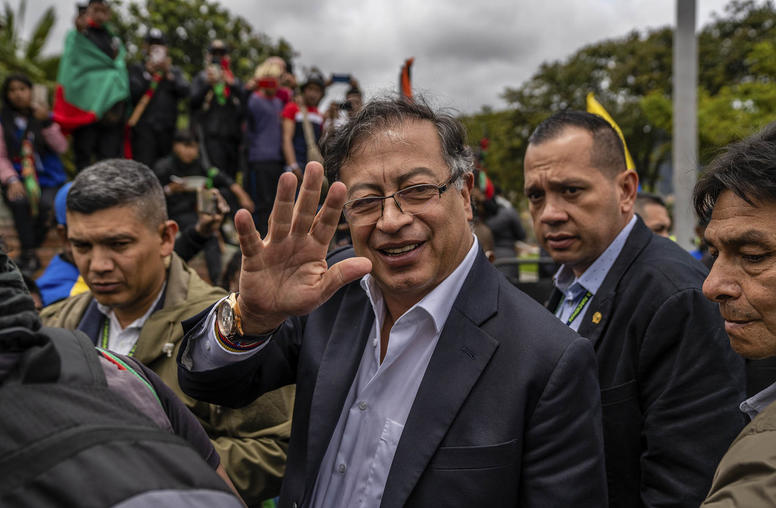
Colombia’s Renewed Peace Talks with ELN Rebels Provide Historic Opportunity
As part of its ambitious “Total Peace” agenda, the new Colombian government recently restarted peace talks with the National Liberation Army (ELN), marking the first new negotiations since January 2019. And while this cycle of talks adopted the same agenda and process framework as the previous efforts, current President Gustavo Petro appointed a diverse and broad negotiations team in the hopes of generating early momentum and support. Petro intends to advance on partial accords as quickly as possible — building up to a comprehensive agreement before his brief four-year term in office is complete.

Joseph Sany on the U.S.-Africa Leaders Summit
Ahead of this week’s summit, USIP’s Joseph Sany says the United States has shifted its approach toward the continent: “Long gone are the days where America will come and dictate solutions. This time around, we are willing to listen and support African solutions for African problems.”

Coastal West Africa Senior Study Group Final Report
The countries of Coastal West Africa are currently facing significant challenges to peace and security as extremist violence spills over from the neighboring Sahel region. Attacks in 2022 in the northern parts of Benin, Côte d’Ivoire, and Togo illustrate the immediacy and gravity of the threat, and governments across the subregion are grappling with protecting fragile communities in the north, addressing porous borders that facilitate attacks from neighboring states, and building the capacity of security forces to address the threat.

Andrew Scobell on China’s Zero-COVID Protests
After protests forced China to ease its zero-COVID policies, Xi Jinping will need to weigh socioeconomic stability against his authoritarian aims, says USIP’s Andrew Scobell: “You’re seeing domestically what many countries have noticed China doing beyond its borders: Being more assertive or aggressive.”
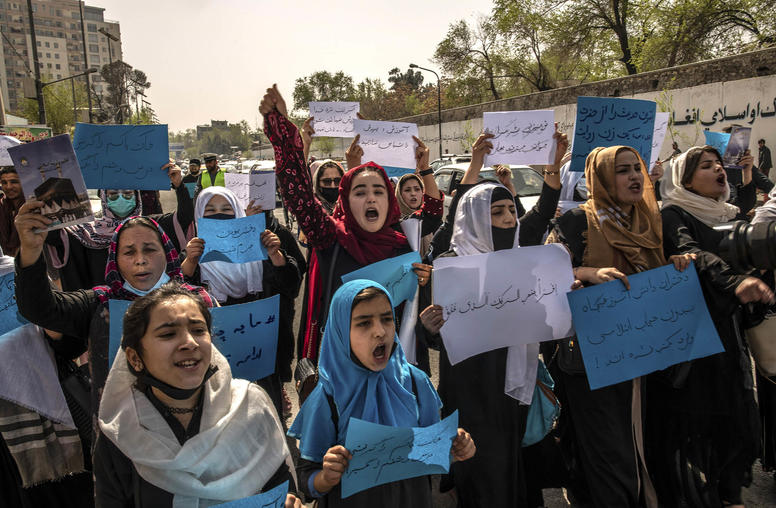
The Taliban Continue to Tighten Their Grip on Afghan Women and Girls
Since the Taliban’s August 2021 takeover of Afghanistan, they have ratcheted up restrictions on women and girls as the group consolidates power. These restrictions include limitations on employment, education, public interactions and other fundamental rights such as access to justice. These restrictions have only tightened over time with increasingly draconian enforcement — the latest being public floggings that harken back to the Taliban’s 1990s rule. Amid the U.N.’s 16 Days of Activism against Gender-Based Violence, USIP has compiled a comprehensive archive of Taliban decrees and public statements on the treatment of women and girls. While leaders and activists around the globe strategize and develop plans to address gender-based violence in their respective countries, Afghanistan stands out as a worst-case example, with two decades of hard-won progress rapidly unwinding.
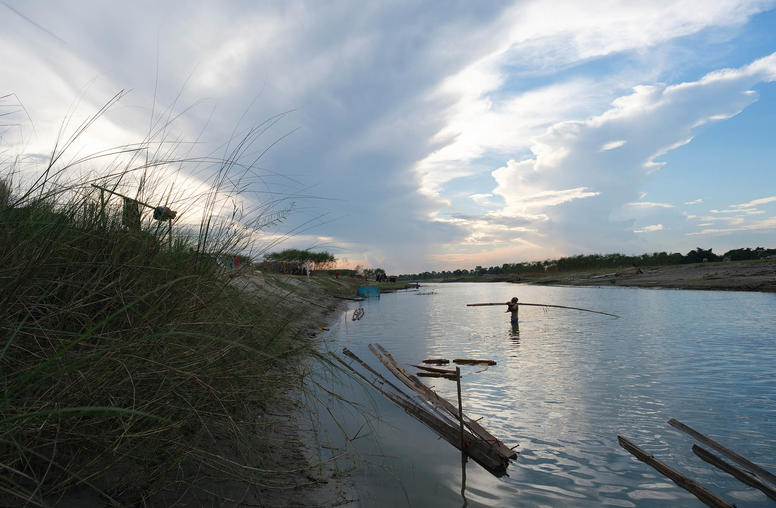
The Water Wars Myth: India, China and the Brahmaputra
South Asia’s Brahmaputra has been cited as one of the basins most at risk for interstate water conflict. While violent conflict has occurred between China and India within the Brahmaputra’s basin boundaries, the risks of conflict over water are in fact low. This is in part because China functionally contributes less to the Brahmaputra’s flow than is commonly perceived and in part because, despite its massive volume, the river can contribute little to solving India’s significant water security challenges. Nonetheless, the Brahmaputra is and will continue to be intimately connected to Sino-Indian tensions largely through the use of water infrastructure investment as a form of territorial demarcation and control.
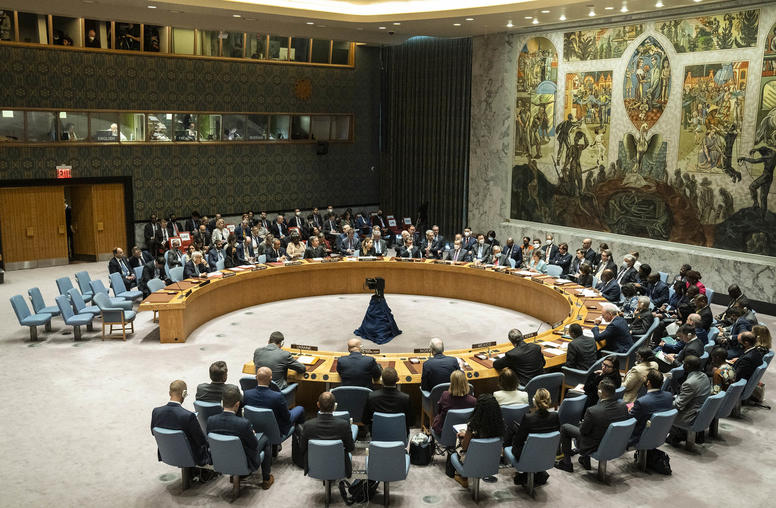
Will the U.S.-Africa Summit Address U.N. Security Council Reform?
U.N. Security Council (UNSC) reform has been a long-standing demand from many in the international community, but calls for an overhaul of the institution have grown louder amid renewed interest in democratizing the international system and addressing historical exclusion and injustices in its core institutions. And in a major development this past September, President Biden told the U.N. General Assembly the United States would support reforming the Security Council — specifically mentioning the addition of permanent members from Africa.
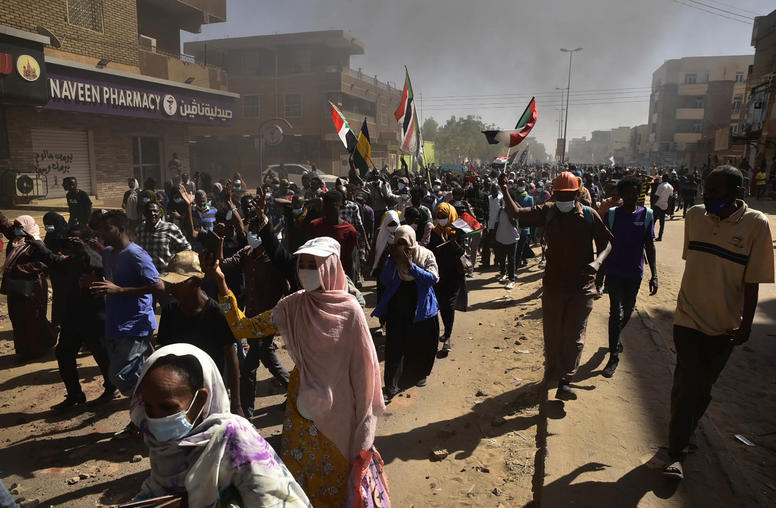
U.S. and African Leaders Need to Focus on Democratization
The U.S. government is gathering this month’s second U.S.-Africa Leaders Summit not least because the swiftly rising challenges of the 21st century are pushing Africa squarely to the center of global and U.S. interests. Managing increased violent conflict, climate degradation and human displacement all depend on a better U.S.-African partnership, one that shares an interest in strengthening the democratic rule of law within and among nations. Democracy has eroded, globally and in Africa, since the first U.S.-Africa summit eight years ago — but this month’s conference can reverse that pattern, say two USIP experts, both former ambassadors in Africa.
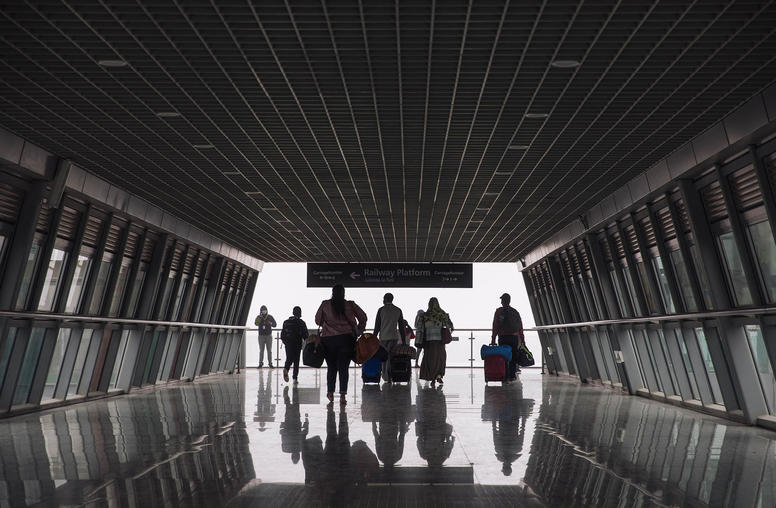
10 Things to Know about the U.S.-China Rivalry in Africa
Next week, nearly 50 African heads of government plan to be in Washington, D.C. for the U.S.-Africa Leaders Summit. A broad range of issues will be discussed, from food security to global health to education. While rightly not on the formal agenda — the summit is about the United States and African countries — the United States’ rivalry with China, and how it impacts Africa, will be in the background of this major diplomatic event, certainly to be discussed and analyzed in private conversations surrounding the summit.
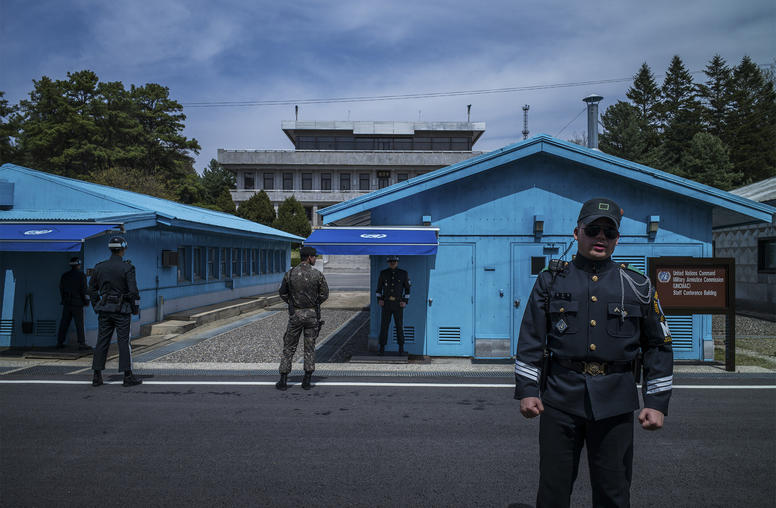
Incremental Denuclearization on the Korean Peninsula
Tensions are rising on the Korean Peninsula as many believe North Korea is planning to conduct the seventh nuclear weapons test in the country’s history and the first since 2017. South Korean President Yoon Suk-yeol has warned of an “unprecedented joint response” and called on China — North Korea’s closest ally — to dissuade Pyongyang from going through with the test. Amid this troubling geopolitical environment, USIP’s Frank Aum discussed the prospects for peace on the Korean Peninsula with Yonsei University’s Dr. Moon Chung-in.